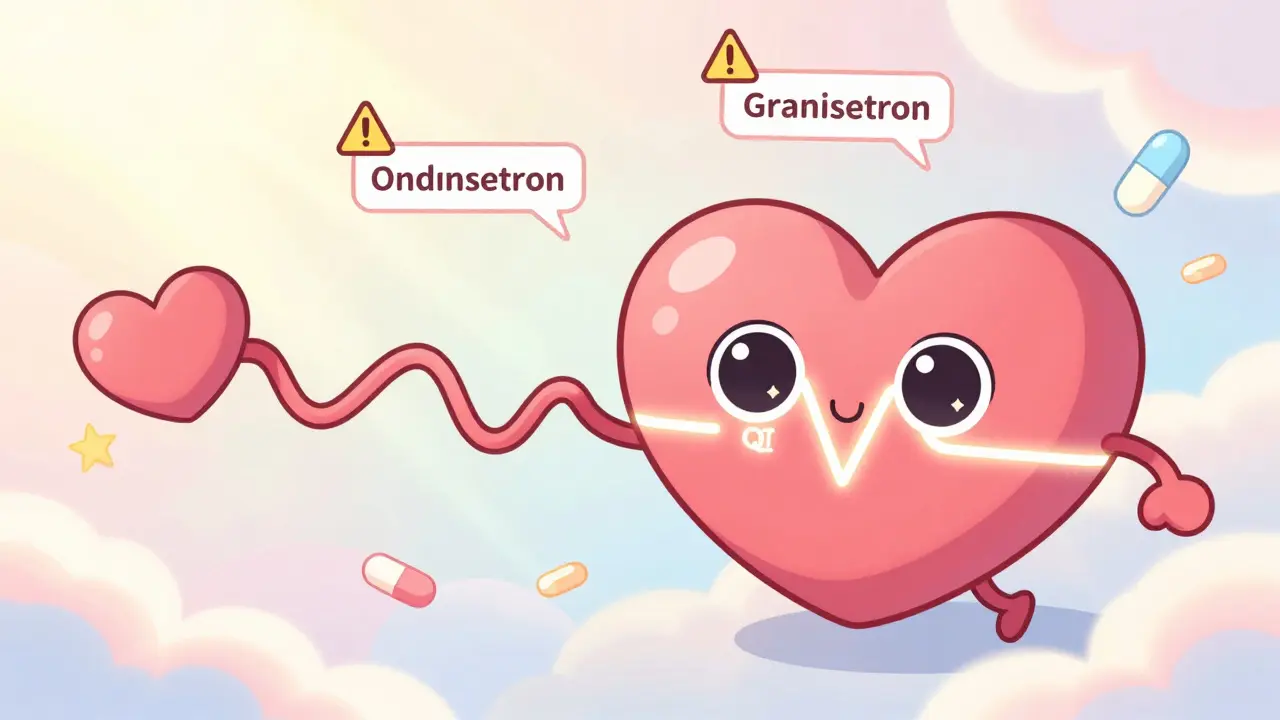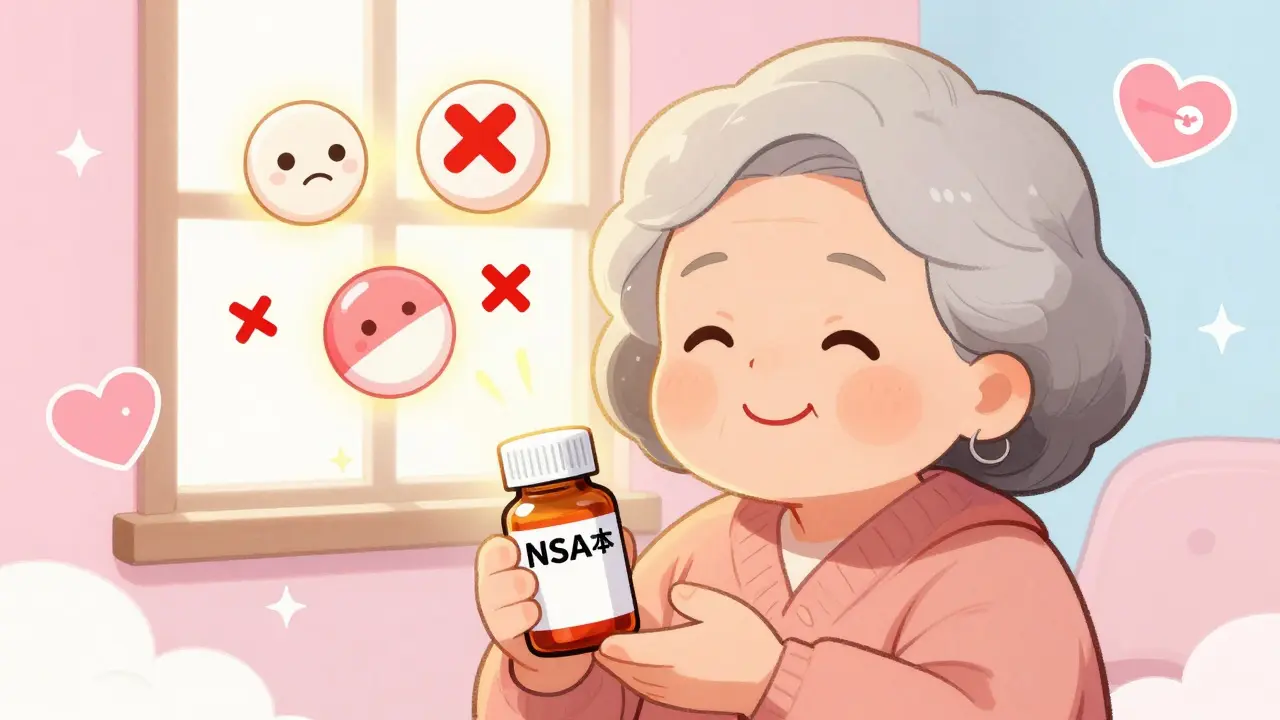Prescription Medications: A practical guide for choosing and using common prescription drugs safely and smartly.
Prescription meds can change your life and they can also bring confusion. This page helps you compare options, watch for risks, and talk to your doctor with confidence.
Nilotinib is a cancer drug used for chronic myeloid leukemia. Survivorship after nilotinib raises questions about heart checks, long term side effects, and daily habits. Ask your specialist about regular ECGs, blood tests, and how to report symptoms such as chest pain, breathlessness, or severe fatigue. Joining a survivor group or speaking with a nurse can make follow up easier and less lonely.
Hydroxychloroquine treats conditions like rheumatoid arthritis and lupus, but it is not right for everyone. Alternatives include newer drugs and targeted therapies such as tofacitinib, biologics, and other DMARDs. When choosing an alternative, compare speed of effect, side effect risks, monitoring needs, and cost. A clear question to ask your doctor: "What benefit will I likely notice in three months, and what tests should I expect?"
Simvastatin has helped millions lower cholesterol, but new options can fit different needs. Fibrates may help high triglycerides, PCSK9 inhibitors lower LDL more aggressively, and ezetimibe can add modest benefit. Think about side effects, interactions with other meds, and your heart risk score when switching. Lifestyle changes still matter; changing diet, walking, and weight control often improve results alongside meds.
How to compare options
Check effectiveness, risks, monitoring, cost, and how quickly you need relief. Make a short pros and cons list for each drug and bring it to appointments.
Practical safety steps
Read labels, report side effects early, keep a current medication list, and use one pharmacy when possible. Ask the pharmacist about interactions, generic options, and savings programs. If cost stops you, ask about patient assistance or lower cost alternatives.
Talk like this in your next visit: "What will we monitor, and when will we change treatment?" That direct question speeds decisions and keeps care proactive.
Need more reading? We cover survivorship after nilotinib, alternatives to hydroxychloroquine, and simvastatin substitutes with clear pros and cons. Browse articles, print key questions, and share them with your provider.
Prescription meds should help you live better. Use this guide to ask better questions, reduce surprises, and get care that fits your life.
Remember age, kidney, and liver function change dosing needs. Older adults may need lower doses or more frequent labs. Pregnant people and those trying to conceive should ask about safety and timing before starting new drugs. For safer use, keep a simple pill chart, set phone alarms, and refill early to avoid gaps.
When traveling, carry a note from your doctor, keep meds in original containers, and pack extra doses. Avoid sudden stops without advice — some meds cause rebound effects. If you notice new symptoms, call your provider quickly. A quick phone check can prevent ER visits and make small fixes possible.
Keep records of doses, blood tests, and notes from visits. Good records make care safer and decisions clearer for you.

 Feb, 21 2026
Feb, 21 2026








